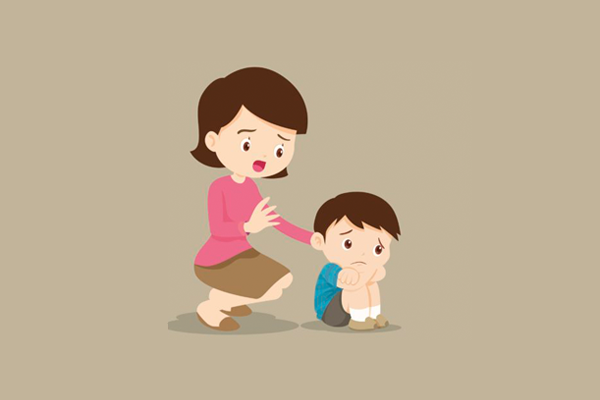Death is always a difficult concept to explain to young children. It’s especially difficult because, we, ourselves, often struggle to make sense of it and to process our feelings around it.
Here are Some Tips to Help Guide You Through the Difficult Task of Explaining Death to Your Toddler:
1. Avoid Saying Death is Like “Going to Sleep.” This euphemism will just make your child afraid to go to sleep and scared when you go to sleep.
2. Use the Word “Died” Rather than “Passed away” or “Departed.”
Why? Because the softer terms for death are lost on toddlers and will only confuse them.
3. Expect Your Toddler NOT to Be Fazed by the Death at First. Young children don’t fully grasp what it means to die and often hold onto the belief that the person or pet will come back.
4. Know That Your Child Isn’t a Sociopath if He/She Says Something Insensitive or Laughs During a Time of Grieving. When kids sense that something serious is going on, they’ll often say something unexpected out of stress OR try to lighten the mood with a joke or by being silly.
5. Don’t Be Afraid to Show Emotion. You don’t have to hide your tears from your child. Let him/her see that grieving is a hard and complicated process with its ups and downs.
6. Write a Letter, Draw a Picture, or Make a Scrapbook With Your Child to Honor the Person or the Pet Who Died.
7. Read a Book to Your Child About Death. This is a less direct (and therefore less threatening) way to discuss the topic of loss with your child and to answer any questions that he/she may have about it.
Examples Include:
- The Memory Box: A Book About Grief by Joanna Rowland.
- The Invisible String by Patrice Karst.
- The Tenth Good Thing About Barney by Judith Viorst.
- Grandpa Bunny by RH Disney.
PediaTip: These books can be a bit advanced for toddlers. If the story is flying over your child’s head, show him/her the pictures and make up your own, truncated narrative.
Common Question: Should I Take my Toddler to the Funeral?

This is, of course, a personal decision. You toddler might not be on his/her best behavior at the funeral, which could interfere with your own grieving process. On the flip side, it’s important for our kids to to say goodbye and to see us honoring our loved ones. In the end, there’s no right answer. Just do what feels right for you and your family.





